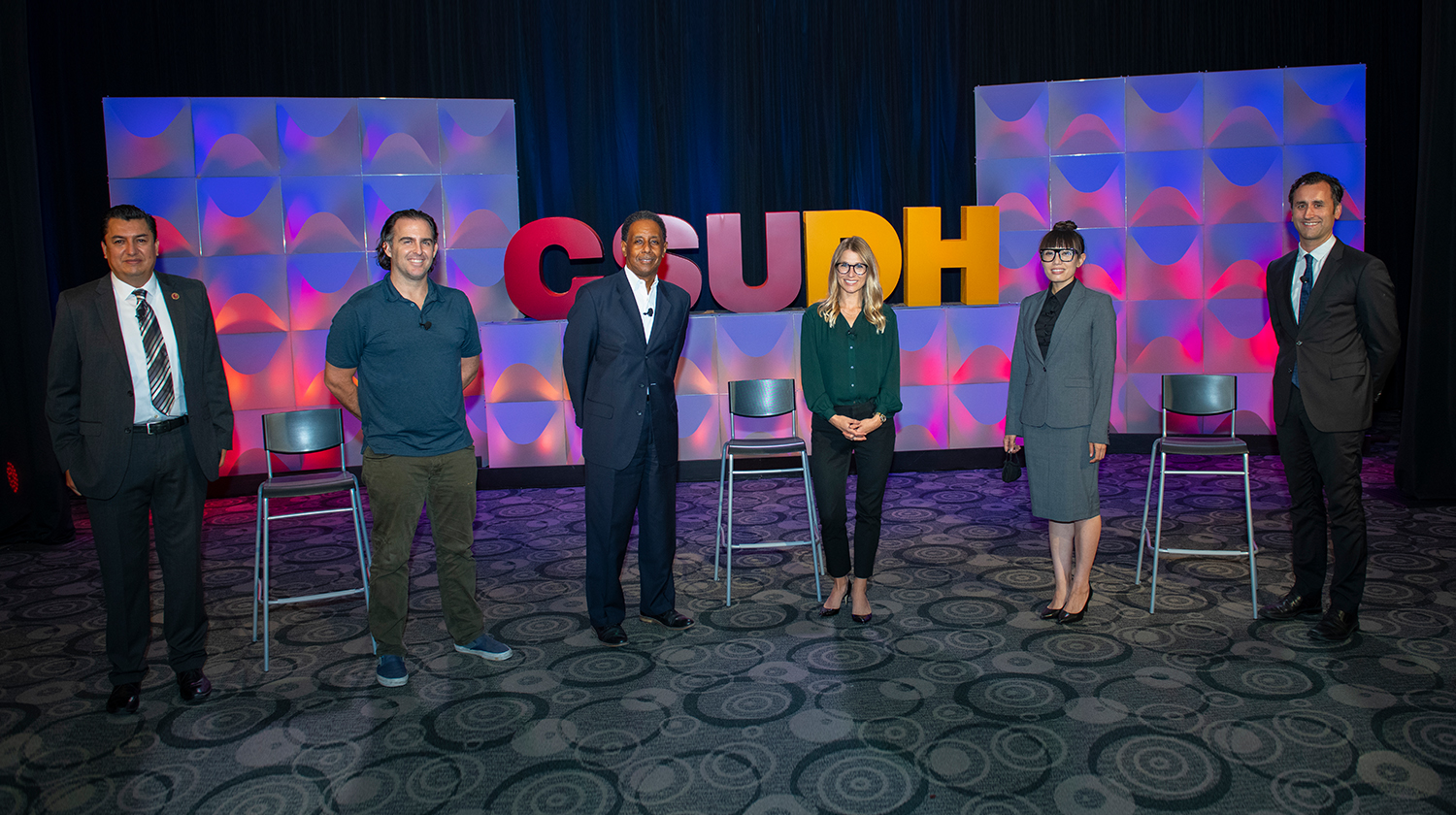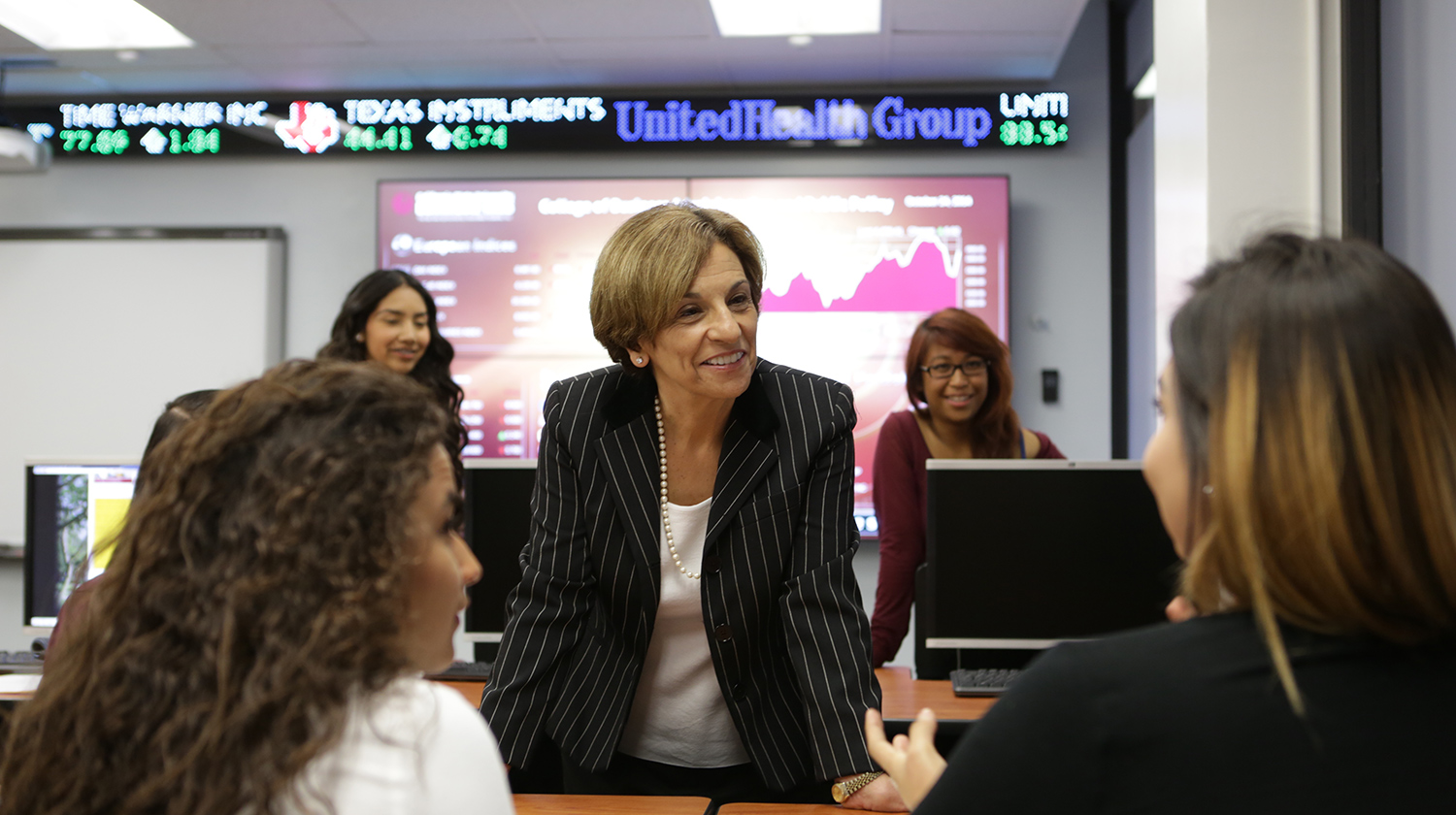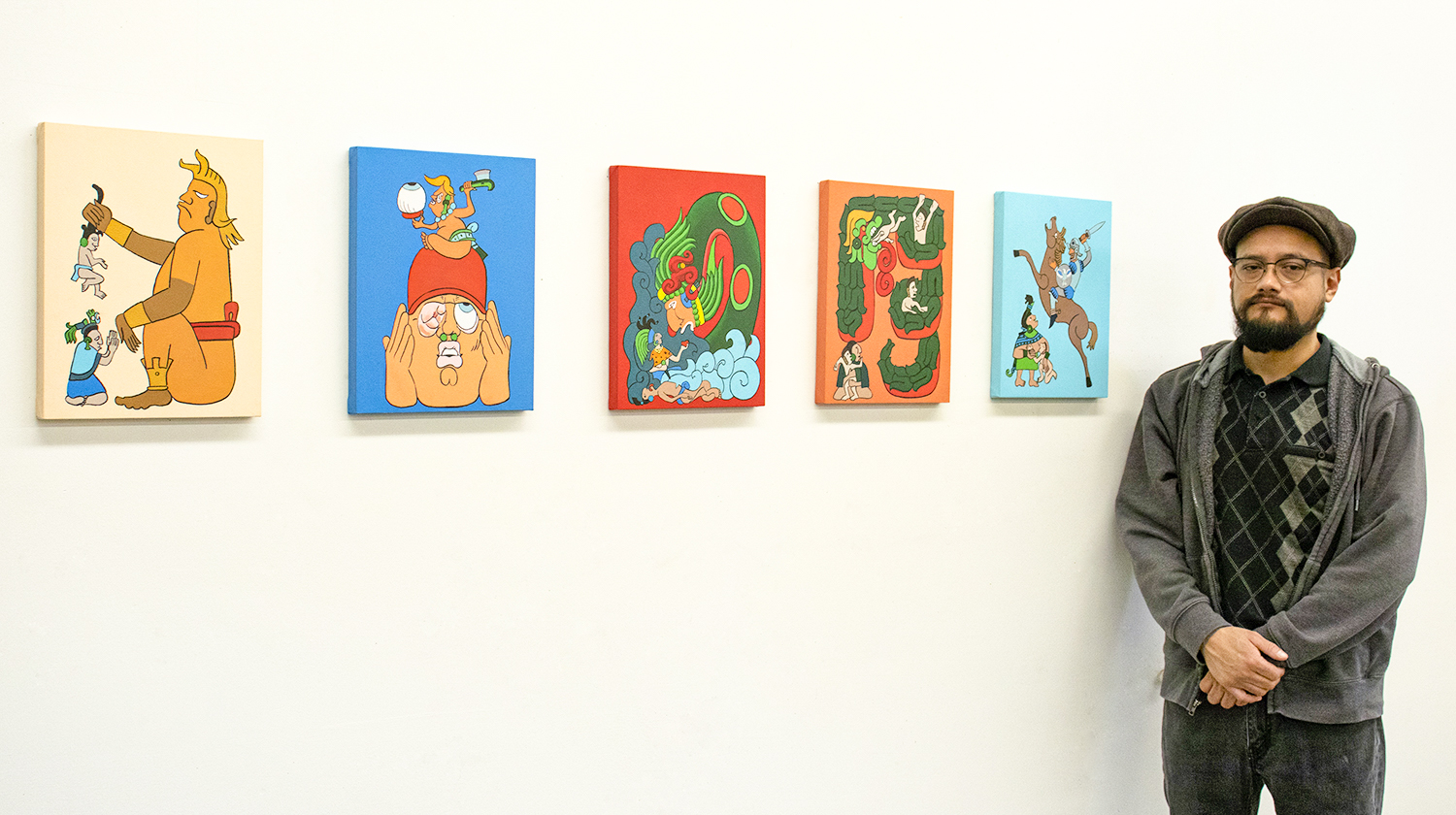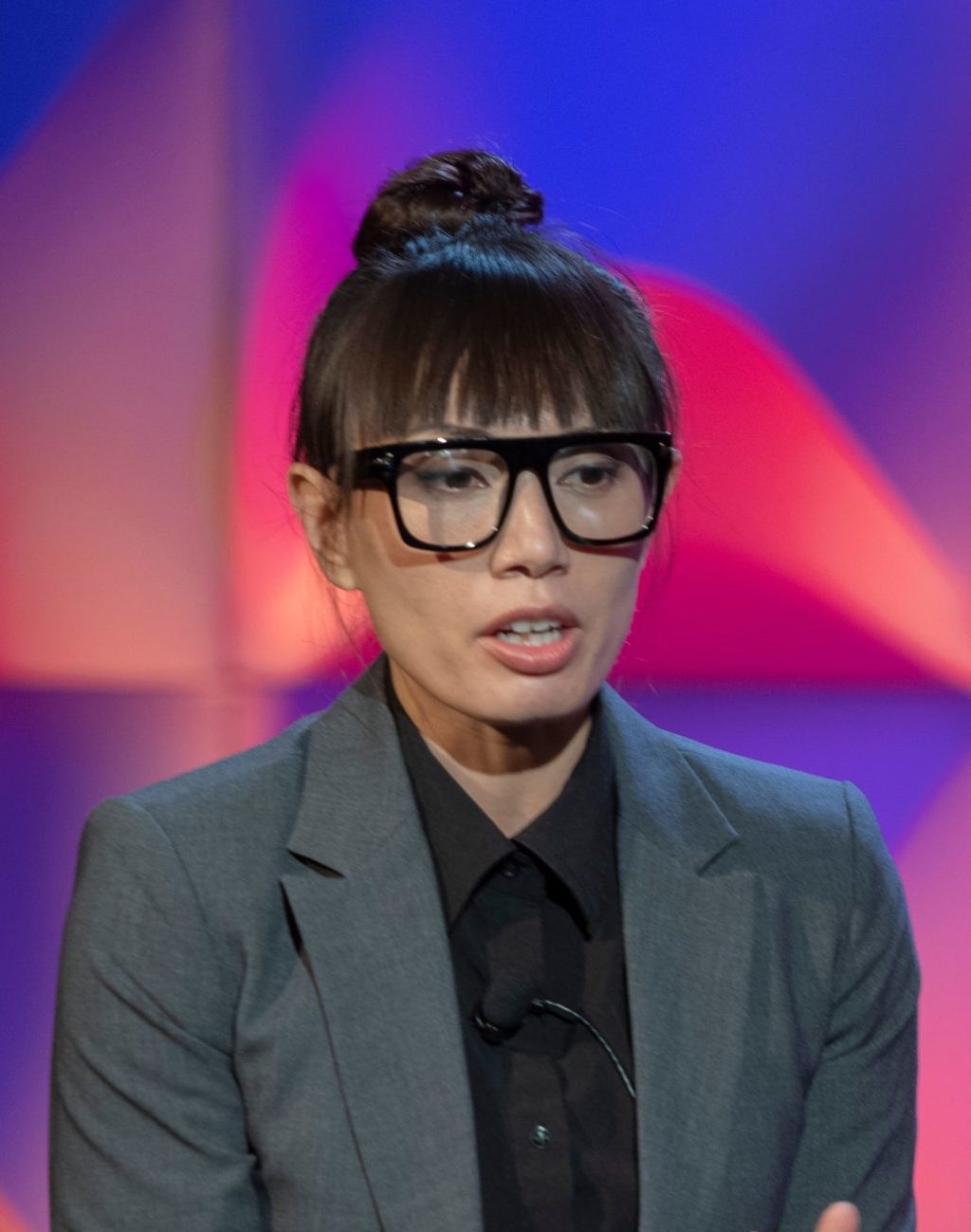Entrepreneurship
-
Features

CSUDH’s South Bay Economics Institute Predicts Rebound by Mid-2021
While the South Bay and Los Angeles economies have taken massive hits since the onset of the pandemic in the…
-
Archive

College of Business Administration and Public Policy Earns AACSB Accreditation
(Carson, CA) – California State University, Dominguez Hills’ (CSUDH) College of Business Administration and Public Policy (CBAPP) has earned accreditation…
-
Campus News

Campus Community Comes Together to Elevate Student Researchers
Nearly three dozen students received top honors for their scholarly research and creative activity during California State University, Dominguez Hills’…
